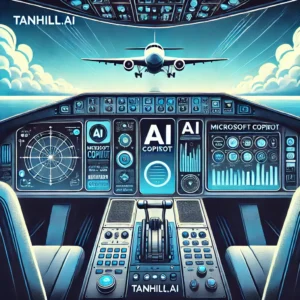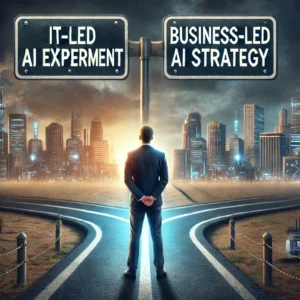AI: The Next Industrial Revolution?

Over a century ago, the assembly line shattered norms, transforming industries and forever changing the way we work. Yes, it displaced traditional jobs—but it also created new ones, fueled entire industries, and set the stage for mass production as we know it. Today, AI is the assembly line of our era, and like before, we’re faced with both excitement and uncertainty. So, what will this revolution bring?
Disruption & Opportunity
In the early 1900s, skilled artisans were replaced by machines, but jobs in assembly, quality control, and logistics were born. The story repeats today. AI is automating the repetitive and routine, but it’s also creating demand for entirely new skills—data science, AI ethics, digital transformation. AI won’t end human work; it’s reshaping it.
Productivity on Overdrive
The assembly line made products affordable for the masses, igniting whole new industries in its wake. Today, AI is our accelerant, enhancing productivity across finance, healthcare, retail, and more. Just as the assembly line scaled physical production, AI scales our capacity to make smarter, data-driven decisions. It’s a new frontier, full of untapped potential.
Ethics & Accountability
The assembly line wasn’t without its costs—physical strain, worker dissatisfaction, the rise of monotonous tasks. It led to labour reforms, shaping fair wages and humane work hours. Now, with AI, we confront questions of transparency, data privacy, and algorithmic fairness. But companies that commit to ethical AI practices will lead, just as those that pioneered fair labour practices did a century ago.
A Future of Bold Choices
We didn’t look back after the assembly line transformed work forever. Today, we’re at the cusp of another era-defining change. AI brings complexity and challenge, but for those who adapt, it also brings extraordinary opportunity. The future belongs to those who lean into the change—responsibly, ethically, and boldly.
This is our chance to lead the change—let’s use AI to drive progress with purpose.
This is our chance to lead the change—let’s use AI to drive progress with purpose.
Table of contents
The Next Industrial Revolution
Disruption & Opportunity
Productivity on Overdrive
Ethics & Accountability
A Future of Bold Choices



